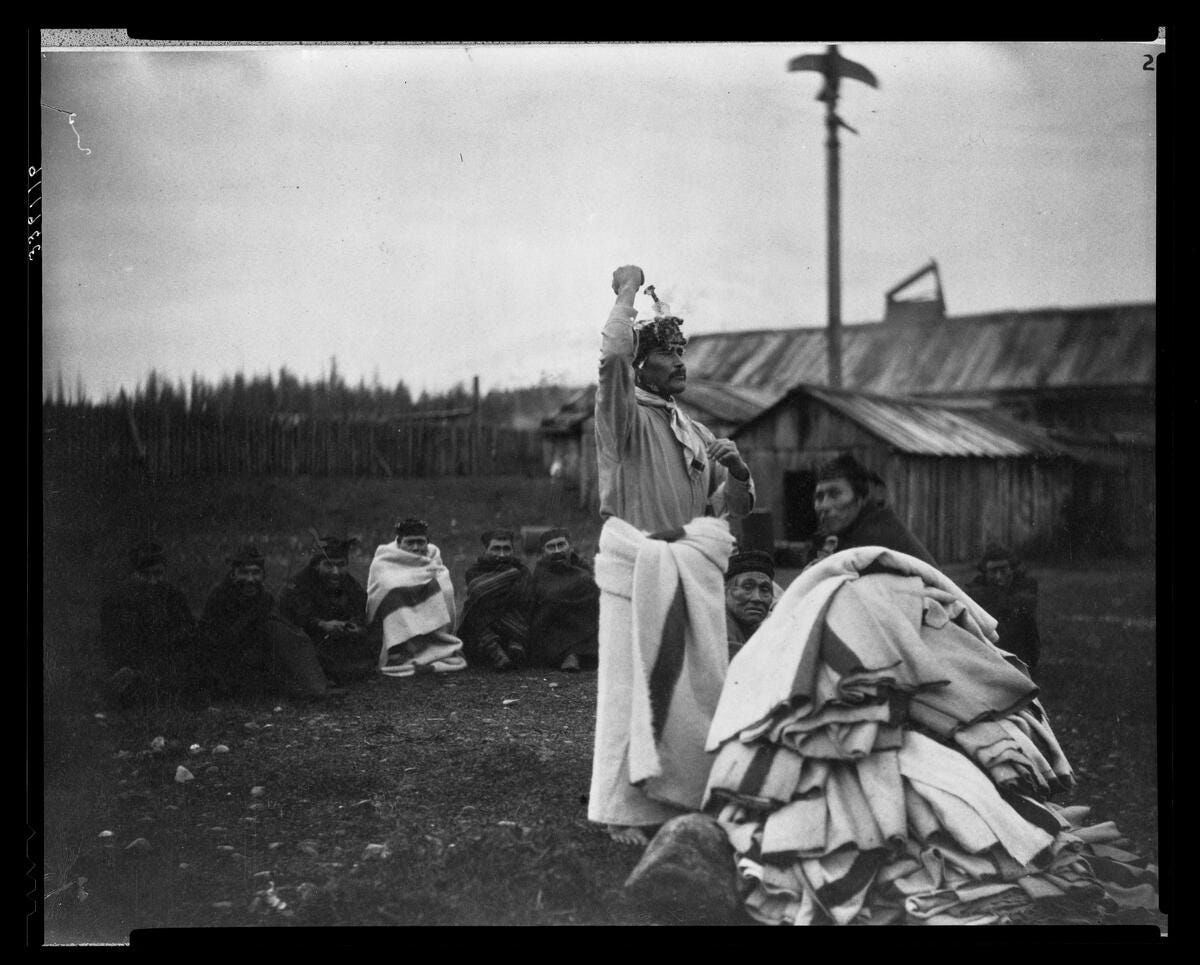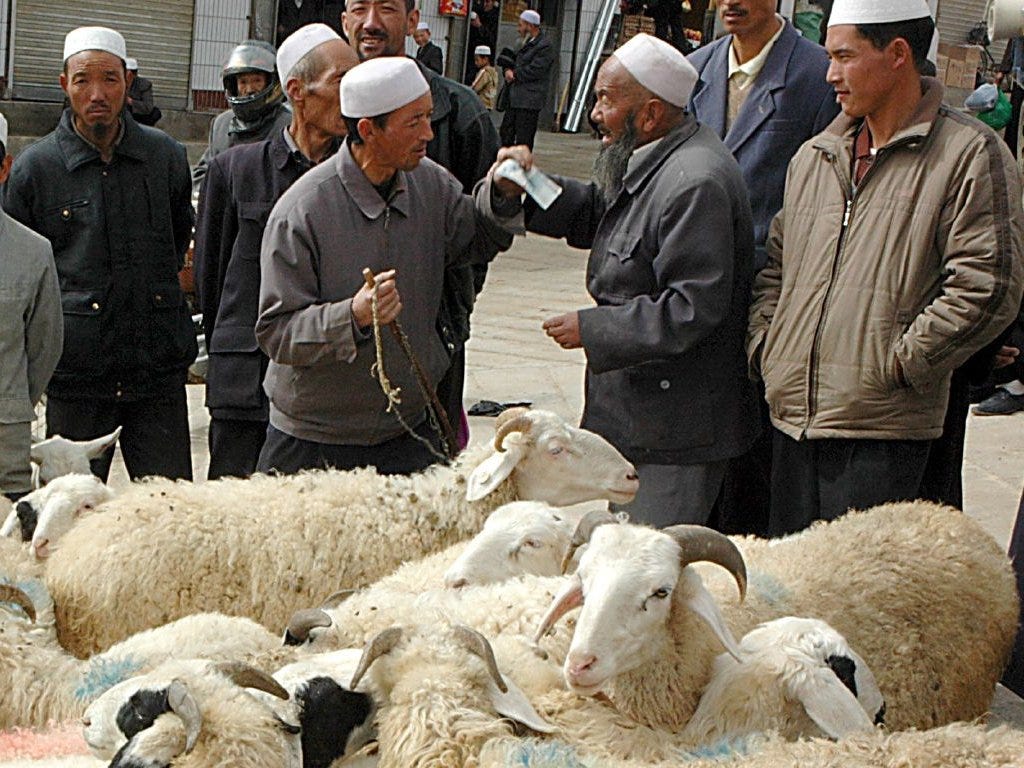Chapter 5 (Part 2) Treatise on the Moral Grounds of Social Relations, Debt The First 5,000 Years by David Graeber
Exchange, the perpetual process of reaching equivalence or the abrupt end of relations, is the second moral principle.
Exchange is all about equivalence.
The second moral principle of social relations is exchange.
David Graeber distinguishes it from ‘baseline communism’ because it operates on a different moral logic. In exchange, there is a possibility that relations can be cut off, unlike mutuality or communism.
Some of ‘exchange’s’ features include:
competition
both sides keep an accounting of what is being exchanged
In gift exchange, competition works the opposite way. Rather than trying to maximise the value of any material exchange, the competition is to show off the most that can be given away. The objects themselves, such as the cotton blankets in a Kwakiutl potlatch, are interesting in how they stand for cultural value. (Prior to cotton blankets, beaver furs were used.)

To give a gift is both an honor and a provocation.
To respond to one requires infinite artistry.
The context and timing are important
Pick someone your own size (a tacit implication)
Unlike baseline communist relations, gift relations need to be constantly maintained and created because they can be easily broken.
This leaves us with the conundrum of what to give kings (or anyone extremely wealthy) because equivalence cannot be reached. Thus, we see different varieties of games that can be played.
It could be a game of overcoming another sovereign.
In seventeenth-century Aetoroea (New Zealand), an account recorded by John White (1885: 196)1, shows a chief named Papaka visiting the Ngatihape tribe presented his ear ornament to the chief. Over there, there was no obligation to receive, however, the Ngatihape chief knew that this was a display of utmost respect. Anything worn on the body of a chief is sacred. Soon thereafter Papaka returned and became a Ngatihape leader with access and claims to all the lands.
Or damaging the reputation of a higher-ranked individual.
In an account by Louis Onvlee in eastern Indonesia, a rich man sacrificed an ox to shame a rival. In a cunning strategy, the poor man humiliated him by sacrificing a chicken and thereby winning their contest!
In commercial exchanges, the focus is on the object itself rather than the person. These transactions are somewhat ‘impersonal’ but it belies the need for trust between the individuals. Thus, a theatre of sociality, such as seen in haggling, uses ‘baseline communism’ practices to successfully conclude a trade.

That is, performances of niceness, aggression, or trustworthiness ultimately serve to cut off ties after an exchange.
Round-Up
Exchange practices are distinguished from the baseline communistic principle of generosity and sharing.
It is characterised by the following:
an accounting of value on both sides
competition (extracting maximising object value or its reverse, displaying extreme generosity)
The most important difference with communism, previously defined as ‘openhanded generosity and sharing,’ are two features:
The possibility of cutting off social relations upon reaching equivalence
Both sides account for the value of the object and transaction
This is when debt comes into play which upends the balance between individuals. In the context of gift exchanges, there are advantages to remaining in continuous exchange relationships with neighbours for future mutual aid. In commercial exchanges, relations are severed once the equivalence is attained.
The contrast between communism and exchange shows that human interactions are not all about exchange or debt.
Story from Graeber’s 2001, Towards an Anthropological Theory of Value, p. 175-176.


Hi Nena, thanks for reading and sharing! Welcome to our tiny community 🤗.